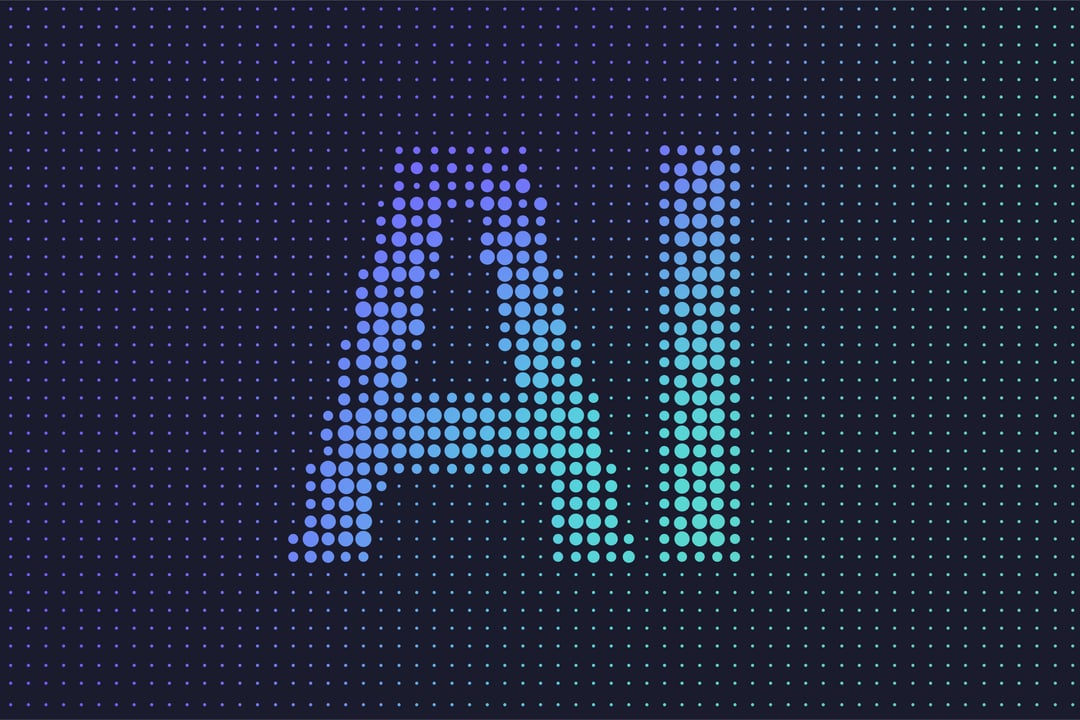The world of technology is in constant evolution, and the hotel industry is no exception. Today, the concept garnering attention is Artificial Intelligence (AI).
AI has surged onto the scene due to its potential to transform operations and enhance guest experiences, among other benefits. As AI gains momentum, concerns about potential job losses have arisen.
However, it's essential to view AI as an ally rather than a competitor.
Essentially, AI is designed to amplify staff capabilities and improve operational efficiency, rather than replace employees. It's estimated that only around 14% of jobs could be impacted by this technology in the future. By automating repetitive tasks, AI allows hotel staff to focus on what truly matters—the human factor—thus elevating the overall guest experience.
Possible applications of AI in the hotel industry are still being developed, but they can be diverse. Let's delve into some key areas where AI is projected to have a significant impact:
Predictive Analysis for Sales and Reservations
The predictive analysis capabilities of AI can revolutionize how hotels manage sales and reservations, both for rooms and services offered during a guest's stay.
By analyzing vast amounts of data, AI could potentially forecast occupancy rates, identify peak booking periods, and optimize pricing and promotion strategies to maximize revenue. Moreover, AI-powered chatbots can handle guest inquiries and reservations, providing real-time responses and personalized recommendations.
Personalized Offers Based on Guest Data
Through AI-driven data analysis, hotels can gather valuable insights into the preferences, behaviors, and historical interactions of their customers.
With this information, hotels can craft personalized offers, from extra services that match the guest's preferences to tailored recommendations, turning each customer's stay into a memorable and unique experience.
Maintenance Prevention and Control
AI can play a crucial role in hotel maintenance at nearly every level by anticipating its needs.
Using AI algorithms, managers can maintain full control over inventory, detect anomalies, and proactively schedule maintenance. This optimization of resources ensures smooth and optimal operations, translating to a superior guest experience.
Instant Guest Sentiment Evaluation
Real-time guest feedback is essential for providing exceptional experiences. This empowers hotels to act immediately to address subpar experiences and adjust offerings based on guest satisfaction. Natural Language Processing (NLP), a lesser-known aspect of AI, holds transformative potential for the hotel industry. By analyzing guest feedback and online reviews, NLP algorithms can assess sentiment and identify emerging trends, aiding in delivering personalized experiences and continually enhancing hotel services.
Staff Scheduling Optimization
AI can optimize staff scheduling based on historical occupancy data and projected demand. This ensures that hotels have the appropriate number of staff members at any given time, improving service efficiency while managing operational costs. Remember, staff will focus on what truly matters—human interaction, communication, and service—since repetitive tasks are handled by technology.
Enhanced Analytical Capacity and Big Data
Data analytics form the backbone of AI-driven applications in the hotel industry. Leveraging big data and machine learning, hotels can gain valuable insights into guest behavior, market trends, and operational efficiency. Integrating AI and data analytics empowers hotels to make data-driven decisions that enhance guest satisfaction and drive business growth.
Conclusion: A World of Possibilities
By implementing AI, the hotel industry embarks on a journey of transformation and innovation. Through AI-driven technologies, hotels can optimize operations, enhance guest experiences, and stay ahead in the competitive landscape.
However, amid all technological advancements, the human factor remains and will remain indispensable. AI should serve as a powerful tool to empower hotel staff and improve their interactions with guests, rather than replace them. As hotels embrace this AI-driven future, they will undoubtedly redefine the industry.
Remember, AI won't replace you as a hotel employee, but someone specializing in using these tools could.



